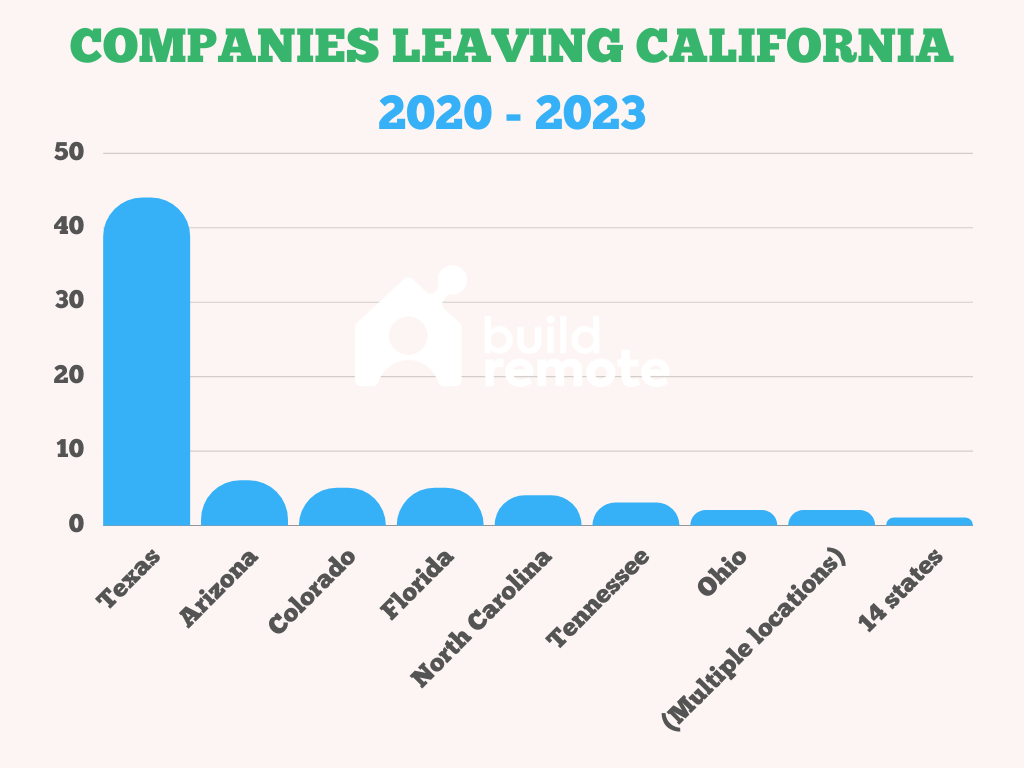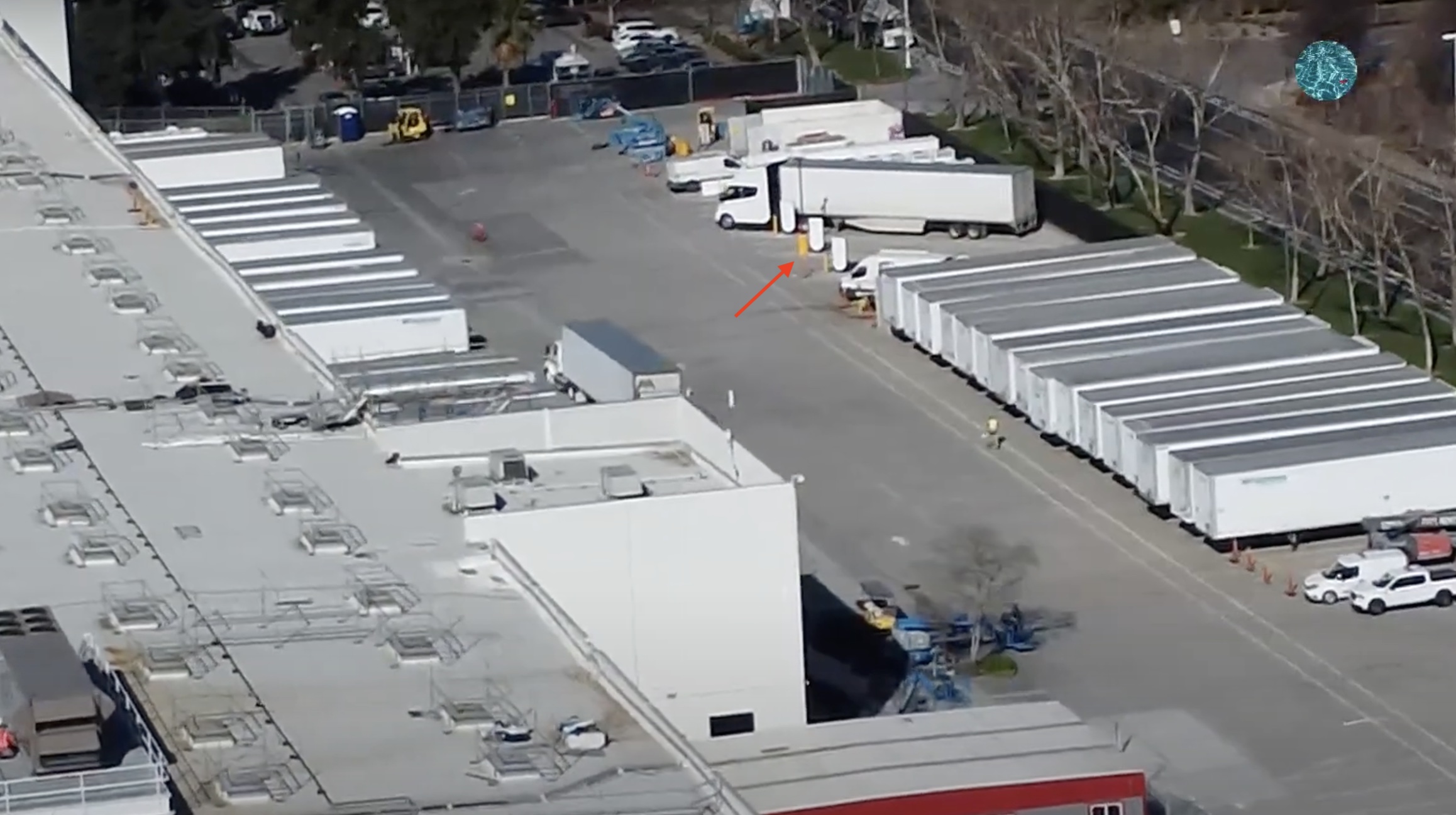Not in a 2024 motor, unless the selling dealer has available diesel slots, as a result of selling 5% EVs.
There are also some partial credits from selling CNG. There is a ratio, like a CNG truck = 2/3 of an EV or something like that.
Also, cause the slots are limited, they are going to blow your head off on price. Can't call out of state and just buy one from Miller or whatever, cause you won't be able to register it.
Trust me, it's already happened to me.
There are also some partial credits from selling CNG. There is a ratio, like a CNG truck = 2/3 of an EV or something like that.
Also, cause the slots are limited, they are going to blow your head off on price. Can't call out of state and just buy one from Miller or whatever, cause you won't be able to register it.
Trust me, it's already happened to me.




